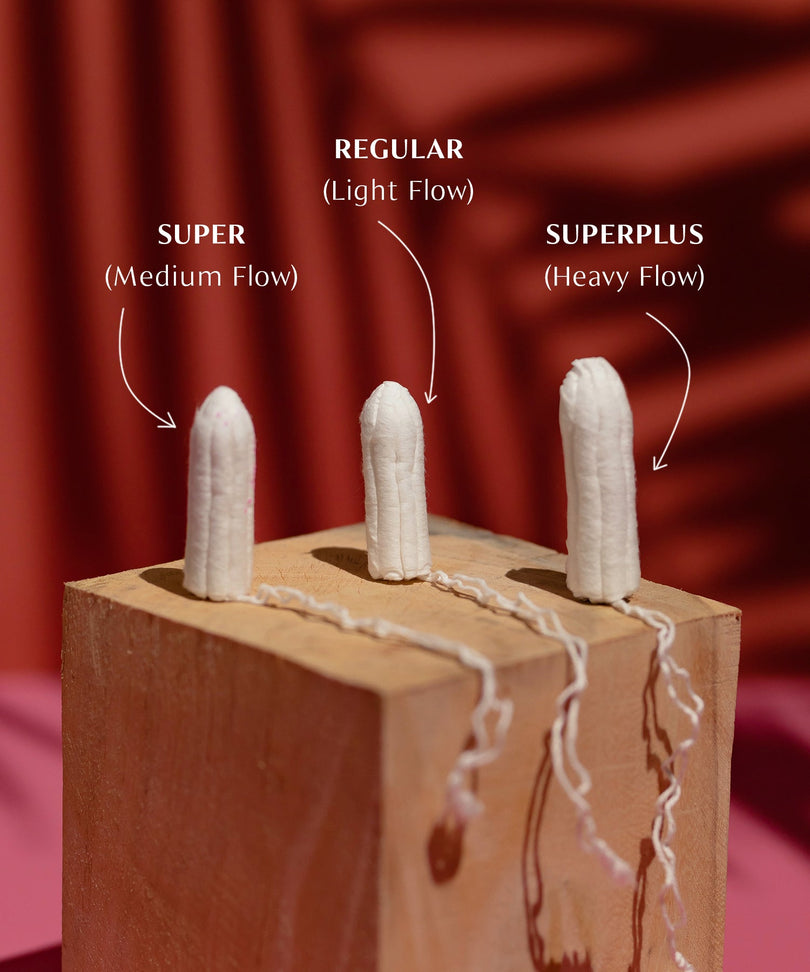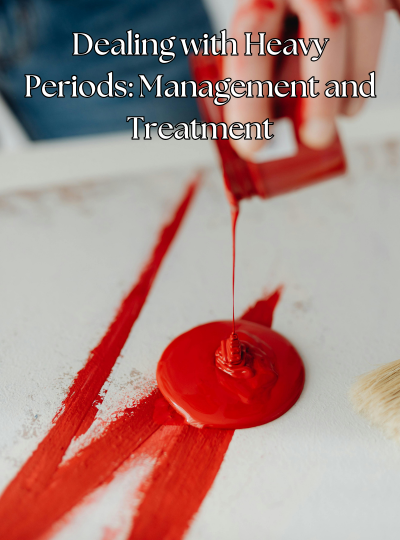Pregnancy seems to be the first thing to rush to the mind when you miss a period, and yet if you know you haven’t been sexually active in the recent past or have failed multiple pregnancy tests, it can be frustrating to figure out what has caused you to lose your period.
While missing a period every now and then is not a severe concern, if you lose your period for several months in a row, it’s important to find the underlying cause and address it.
This condition is known as Secondary Amenorrhea, in which you’ve experienced at least one menstrual period and you stop menstruating for 3 months or longer. While the condition on its own doesn’t pose an active threat to your health, it could be a symptom of an underlying health condition that requires treatment.
There are a few natural phases in life during which amenorrhea is expected:
-
Pregnancy
-
Lactation/Breastfeeding
-
Menopause
Causes of Secondary Amenorrhea
Hormonal Imbalances
Excessive or decreased levels of your hormones, especially estrogen, testosterone, and progesterone, can cause you to lose your period. Hormonal imbalances can be caused by low estrogen levels, high testosterone levels, an overactive thyroid or an abnormality with the pituitary gland.
Taking hormonal birth control can also cause you to miss your periods, in which if you do have menses, the discharge is very thin and pale. Certain medications and medical treatments can also affect your hormone levels, such as chemotherapy for cancer patients.
Lifestyle Factors
Your body weight also plays a role in determining the regularity of your periods. Being overweight and underweight can both cause you to lose your periods.
Excessive body fat can lead to an increase in estrogen production and insulin resistance which can both interfere with your ovulation and therefore your periods.
On the other hand, having under 15% of body fat percentage can also hamper your ovulation. This is common among endurance athletes such as long-distance runners and dancers, as well as those with eating disorders such as anorexia and bulimia.
Chronic emotional stress and experiencing trauma can disrupt your menstrual cycle as the cortisol levels can impact the hypothalamus in the brain, interfering with your hormone levels. Once you’re able to deal with and address the causes of your stress, your period should come back.
Structural Defects and Conditions
Menstrual disorders such as PCOS can cause amenorrhea as the hormonal imbalances and ovarian cysts associated with the condition can interfere with your periods.
Previous uterine surgeries, including dilation and curettage procedures and C-sections can lead to scarring and a build-up of scar tissue in the uterus. This is also called Asherman’s Syndrome. When the scar tissue fully replaces the endometrial lining, such that the uterine wall is incapable for thickening and breaking down, then amenorrhea is likely.
Also read - Tips to live with endometriosis
Symptoms of secondary amenorrhea
While the major symptom of amenorrhea is missing your periods for several months, taking note of other symptoms you’re experiencing can help your doctors figure out the underlying cause of your amenorrhea. Some of these symptoms are:
-
Unexplained nipple discharge
-
Acne
-
Dry vagina
-
Excessive body hair growth
-
Headaches
How is secondary amenorrhea diagnosed?
A pregnancy test is usually the first line of diagnosis to confirm that the cause isn’t pregnancy. If you’re not pregnant, your doctor can run several tests testing your hormone levels, MRI/CT scans to view your internal organs. Your doctor may look for abnormalities in your reproductive organs.
Your doctor may also have a conversation with you about your lifestyle habits and your recent past, checking for any causes of stress, disordered eating patterns, or any signs of excessive exercise/activity.
Also read - Link between periods and mental health
How is secondary amenorrhea treated?
The treatment for Secondary Amenorrhea largely varies depending on the underlying cause. The menstruation alone is not addressed directly, rather the treatment focuses on bringing back normal functioning of the reproductive system and hormones as a whole.
Hormonal imbalances can be treated by either supplementing with hormones to bring out a balance or stopping any treatments that are causing the imbalance.
If you have any structural defects, such as ovarian cysts or scar tissue, your doctor may prescribe surgical options to remove them.
If lifestyle factors are causing your amenorrhea, your doctor may recommend a visit to a dietitian or a therapist to deal with disordered eating patterns or can ask you to cut down on excessive exercise programs.
Read more
Aloe vera for irregular periods
How nutrition affects your period?









